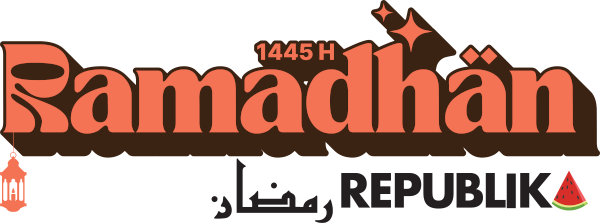REPUBLIKA.CO.ID, JAKARTA -- The Indonesian Chamber of Commerce and Industry (Kadin) met President Joko Widodo at his Presidential Office here on Tuesday to discuss efforts to develop national food resilience.
"We discussed the priority steps that Indonesia needs to take to improve the welfare of the farmers. We also reported to the president about the on-field problems and discussed efforts to build food resilience," Kadin Deputy General Chairman for Agribusiness and Food Affairs Franky O. Widjaja noted here on Tuesday.
On the occasion, Widjaja also discussed efforts to implement an innovative financing scheme, which started with the rejuvenation of two million hectares of plantation land for farmers and offering them a low-interest loan.
"This sector is an example of successful partnership among cross-sectoral parties and financing, which was started in the 1980s," he remarked.
The innovative financing in the palm oil plantation sector could serve as a basis to develop schemes for other products in the food sector.
Maintaining affordable food prices is another efficiency step to support food resilience.
"It turns out that there is a long chain involved in the process in which food from the farmers reaches the buyers while actually, there is an efficient step that could be taken. We can improve the system for the sake of efficiency, particularly in the post-harvest period. This is for improving the market price," the Kadin chairman emphasized.
He noted that the efforts to build national food resilience would place farmers, cattle breeders, and fishermen at the spearhead.
In the meantime, state forestry company Perum Perhutani revealed its plans last month to invest Rp200 billion next year to develop 267 thousand hectares of rice and corn fields in order to support the national food security program.
"With a Rp200-billion investment, Perhutani is ready to develop rice and corn plants," Perhutani's President Director Mustoha pointed out.
Rice and corn will be grown between trees in forest land managed by Perhutani, he added.
Perhutani will prepare adaptive zones wherein the distance between teak trees will be widened to 8x2 or 10x2 meters from 3x3 meters, he noted.
To grow rice and corn on forested land, Perhutani will receive government subsidies for fertilizers, high-yielding seeds, agriculture tools, and post-harvest facilities, he remarked.
In the initial phase of the project, Perhutani will produce 1 million tons of rice and 500 thousand tons of corn per year.
"Besides being a producer, Perhutani is also ready to become an "off-taker" of products from farmers because we have warehouses in a number of places," he pointed out.
The program will start only next year as the company has to adjust to amendments in Government Regulation Number 72 of 2010 regarding Perhutani and Government Regulation Number 24 of 2010 regarding the control of forested land.
Perhutani currently controls 2.5 million hectares of forest.
Last year, the company posted a net profit of Rp380 billion. It has projected its net profit to increase 12 percent to Rp425.6 billion this year.



